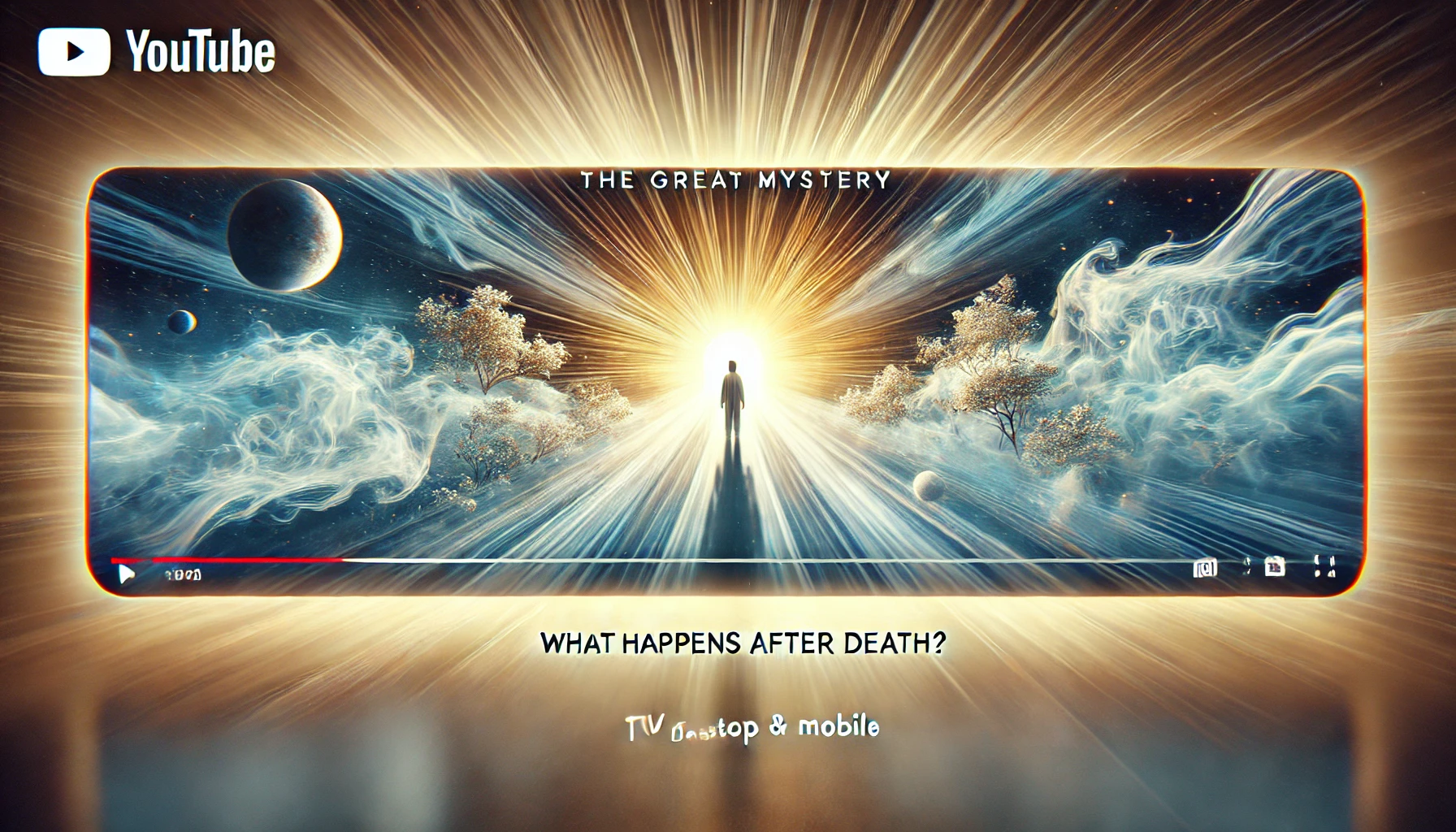Death is one of life’s greatest mysteries, sparking endless questions, theories, and beliefs. From ancient religious texts to modern-day philosophy, people have been seeking answers to the ultimate question: What happens after we die? While we may never have definitive answers, exploring various perspectives can offer comfort, clarity, and curiosity.
Understanding Death Through Different Lenses
1. Religious and Spiritual Perspectives
Most religions have their own interpretation of the afterlife. In Christianity, heaven and hell represent the destinations of souls based on their deeds in life. Similarly, Islam and Judaism have structured beliefs about what happens after death.
Buddhism and Hinduism, on the other hand, focus on reincarnation—the idea that after death, the soul is reborn in a new body, continuing its journey toward enlightenment or liberation. These beliefs offer an eternal cycle of life, death, and rebirth, emphasizing spiritual growth over time.
2. Philosophical Views
Philosophers throughout history have speculated about the nature of death and the possibility of life after death. Some, like Plato, believed in the immortality of the soul, while others, such as Epicurus, argued that death is simply the end, and therefore, there is no reason to fear it.
Modern philosophers also explore consciousness, suggesting that death may not be the complete end, but a transformation of awareness. Could our consciousness continue in some form, even if our physical bodies do not?
3. Scientific Perspectives
From a scientific viewpoint, death is the cessation of biological functions. The body stops, and life as we know it ends. But some areas of science explore the possibility of life beyond death. The field of near-death experiences (NDEs) has garnered significant attention in recent years. Many people who have been clinically dead but later revived describe vivid experiences—often involving tunnels, bright lights, or feelings of peace and love.
While these experiences are compelling, they remain anecdotal, leaving the scientific community divided on whether they indicate something beyond death or are simply brain activity during critical moments.
The Psychological Impact of Death
The fear of the unknown has a profound psychological effect. Human beings are wired to seek meaning in life and death, and the fear of what comes after can lead to anxiety, existential questions, and a desire for reassurance.
While we cannot definitively answer what happens after death, focusing on the life we live now is essential. Embracing the unknown, seeking personal growth, and finding peace with life’s impermanence are all part of the journey.
Finding Comfort in the Mystery
In the end, the question “Where do we go after death?” may remain unanswered. But perhaps, the answer isn’t as important as how we live today. Whether you find solace in religious beliefs, philosophical musings, or scientific exploration, the mystery of death can be a reminder to live fully and appreciate every moment.
What are your thoughts on life after death? Share your views and join the conversation in the comments below!










